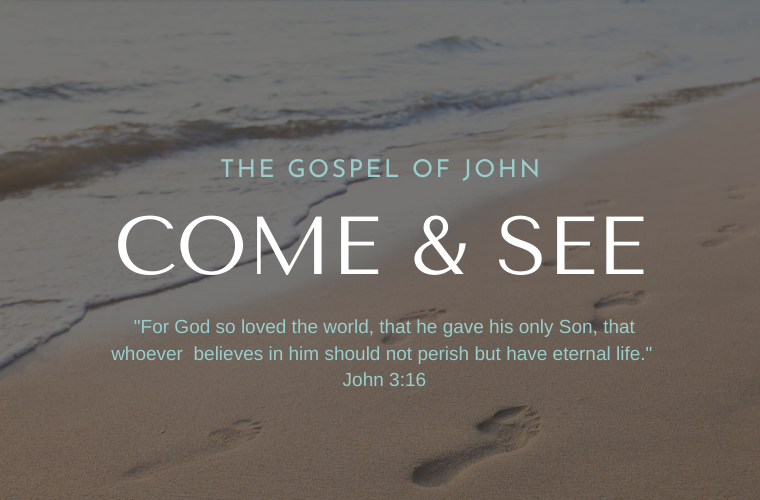June 22, 2020
Dear Church Family,
As you know, Sunday, June 21, 2020, it was announced in a YouTube video (youtube.com/eastcobbpres) that we will be hosting worship in the gym beginning July 12, 2020 at 10am. We are excited about worshiping together on a limited scale in the gym. While this isn’t a full “regathering,” it will be a joy to see each other again and join our voices in praise to the Lord. We need the grace God has provided in gospel community.
Coming together in the gym will provide the most space for us as we follow the guidelines and best practices for groups our size. We will practice physical distancing, wear masks, and offer hand sanitizer. Full instructions will be published, including a video demonstrating what to expect when you come. For those unable to wear masks, a section will be prepared, but we ask that this group not sing, unless masked. In order to be able to welcome those who are most at risk, we ask everyone who worships with us on campus to follow these instructions and best practices.
Online worship will continue to be made available at www.eastcobbpres.org/live.
Worshiping together will create many opportunities to serve the Lord’s church. Staging the gym and welcoming worshipers to our campus in a healthy and orderly way will require a number of volunteers. You can visit eastcobbpres.org/together and fill out the form at the bottom to let us know you’re able to help, and stay tuned for online sign ups for specific volunteer needs. These will be published on our website, Facebook page, and in the weekly newsletter. Right now, a small group of people in the worship and technology sectors of our ministry are carrying the real weight of serving. It’s important that we come alongside them as we come back together.
Seating will be limited, and we will need all those who plan to join us on campus to register in advance to reserve a seat. These links will be made available on our website and in the weekly newsletter. Families will be seated together, and parents will need to keep their children with them at all times. Both entrance to the gym and dismissal at the conclusion of worship will be done in an orderly way to maintain our best practices while you are on campus.
We look forward to beginning the process of coming back on campus and look forward to seeing you.
God bless,
Pastor Tim Locke




